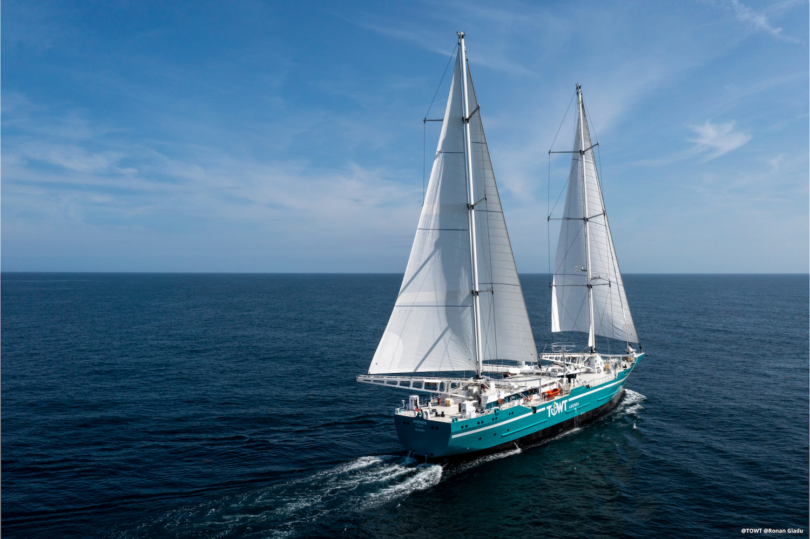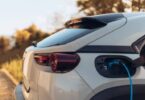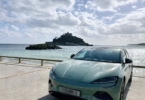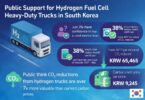France-based water treatment pioneer BIO-UV Group has secured an agreement with shipbuilder Piriou Group to supply its BIO-SEA ballast water treatment technology to a further six wind-powered cargo ships building for French operator TOWT (TransOceanic Wind Transport).
The new deal follows an initial 2022 contract to supply BIO-SEA systems to the first two vessels in the series, both of which – Anemos (Greek for wind) and Artemis (Zeus’s daughter, the Greek goddess of nature) – have now been delivered. Six sisters are scheduled to follow in 2025, 2026 and 2027.
Like Anemos and Artemis, each of the new 81m long vessels will be fitted with a D-2 compliant low flow L03-0090 BIO-SEA system in a split skid arrangement to treat ballast water flow rates of 90m3/hour.
Due to machinery space constraints and a small system footprint, the BIO-SEA unit will include a Hydac filtration system designed to optimize ballast holding times.
Maxime Dedeurwaerder, Solutions Sales Director for EMEA at BIO-UV Group, said: “This new order is a direct result of the seamless, on-time production, delivery, factory acceptance tests, and commissioning of the Anemos and Artemis installations.
“Wind-powered ships such as these modern, Piriou-designed schooners go to show how shipping can substantially reduce its impact on the marine environment. A BIO-SEA BWTS can reduce a ship’s environmental footprint even further by preventing the migration of invasive species in the most effective way possible. As our UV lamps and reactors have low power consumption, a BIO-SEA unit can also help towards decarbonization.”
Guillaume Le Grand, President of TOWT-TransOceanic Wind Transport, added: “For the A-class sailing cargo ships, we wanted the most compact, effective, and environmentally safe ballast water treatment solution available. The Piriou Group has a long history of successful cooperation with BIO-UV Group, so the decision to install BIO-SEA was easy, especially given the limited space available onboard.”
Designed to transport 1100t palleted cargoes of Belco coffee and cocoa, and 135 225-litre barrels of wine and spirits across the Atlantic using the sail as the primary means of propulsion, the Anemos vessel features 3000m2 of fore-and-aft sails on a pair of 52m tall carbon fibre masts.
Maximum speed under sail is 16kts, reducing CO2 emissions by 90%, compared to a similar sized cargo vessel. With eight ships, TOWT said it will contribute to saving around 40,000t of CO2 by transporting around 200,000t of goods.
BIO-UV Group CEO Laurent-Emmanuel Migeon said: “Both these Piriou-designed wind-powered ships mark a decisive step in the development of sustainable navigation. BIO-UV Group is committed to working with shipowners and shipyards that are pushing the boundaries of innovation and design to build a new generation of ships that respect the marine ecosystem.”
Sailing cargo ships particularly suit the ultra-compact, easy-to-use BIO-SEA L series due to their low flow rate ballasting requirements, ranging from 13 to 120m3/h. System components are delivered all-inclusive and can be supplied in various configurations, such as modular, split skid or full skid versions, allowing maximum adaptability for onboard system integration.







